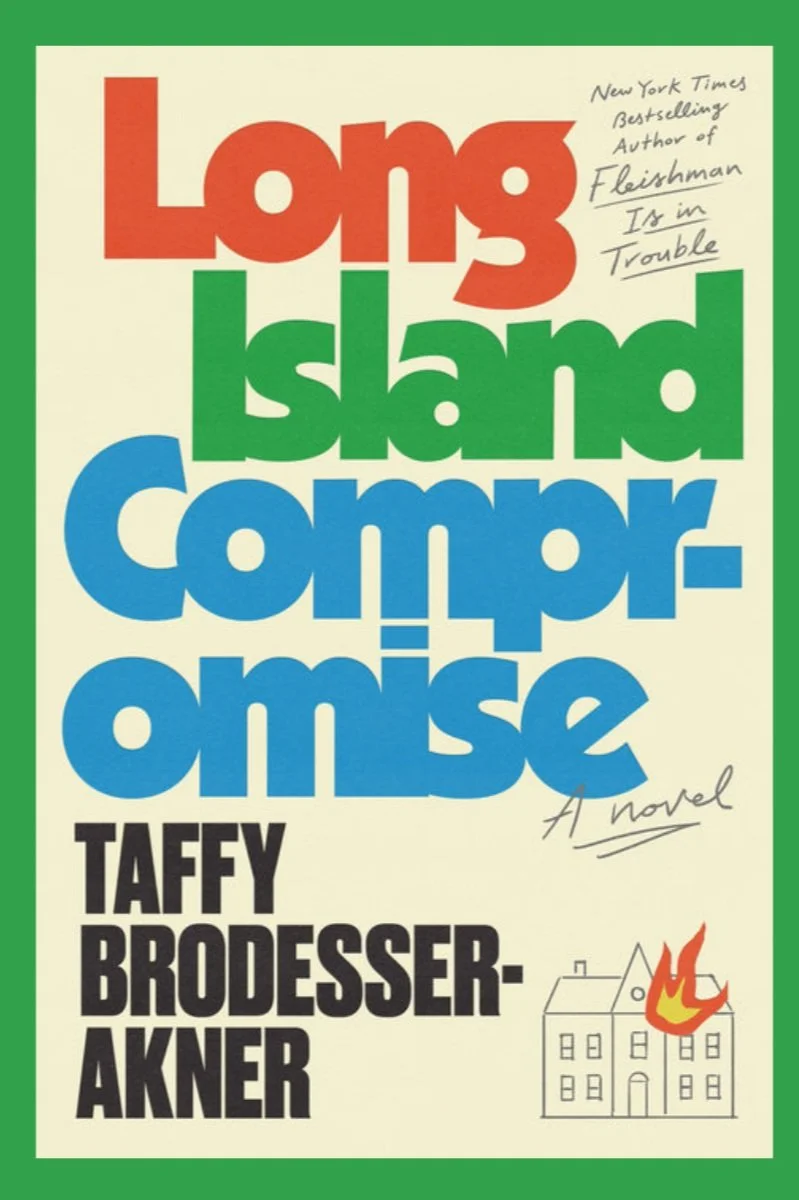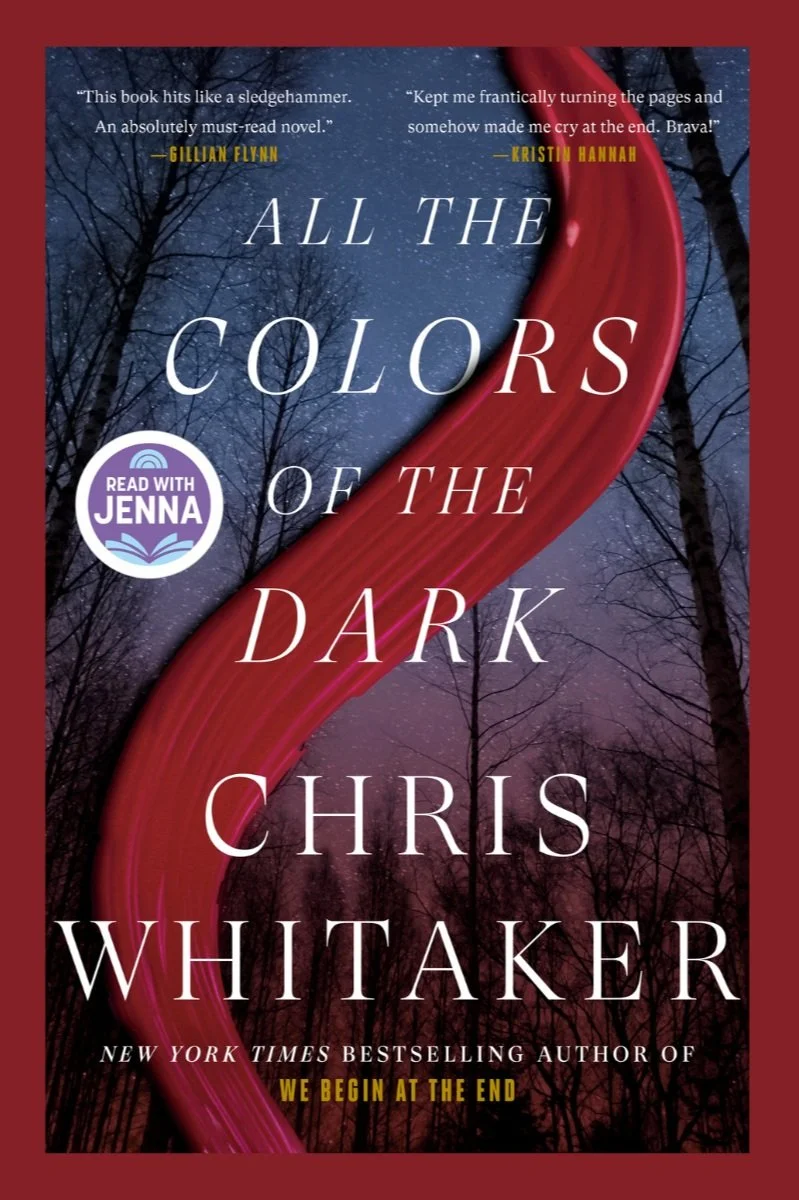Reading mirrors life. At times, you experience one incredible read after another, but other times you’re stuck in a slump that seems unending. But perseverance often leads to better days, and this year reminded me of that truth.
2024: The Best and Worst Audiobook Narrations I Heard
With 72% of my reading this year incorporating an audio component, it’s surprising that more performances didn’t land on my “worst” list – especially considering how average my overall reading year felt.
2024: The Best and Worst Books I Read
Short story collections, anthologies and graphic novels provided much-needed variety, proving that it’s always a good idea to shake up your format. As for my quest to tackle the “chonky” novels languishing on my TBR list, well, many were ambitious but frustrating.
Lawn Boy – Jonathan Evison
Jonathan Evison’s “Lawn Boy” attempts to tackle social inequality with humor and heart, but its execution falters. While the book has been challenged for fleeting references to sex and gender identity, these objections feel exaggerated. The real discomfort lies in its critique of systemic barriers that make stability and success elusive for marginalized communities—a critique that some may find hard to swallow.
The Lie: A Memoir of Two Marriages, Catfishing & Coming Out – William Dameron
For readers interested in a nuanced look at coming out later in life, particularly in the mid-2000s – a time when acceptance was growing but still fraught with homophobia and fears of ostracism – “The Lie” offers an authentic, if imperfect, reflection.
The Demon of Unrest: A Saga of Hubris, Heartbreak, and Heroism at the Dawn of the Civil War – Erik Larson
As usual, Larson’s storytelling brings history to life in vivid detail, a rare skill in nonfiction, but here, the ambitious scope feels unwieldy – even for a pro. The concurrent narratives and numerous characters create a sprawling account, yet “Demon” lacks the cohesion and emotional depth that defined his best works.
Small Rain – Garth Greenwell
Garth Greenwell’s “Small Rain” explores the isolation and unraveling of self that so many of us endured during the first COVID-19 summer. His unnamed protagonist experiences this in a way that’s magnified tenfold, as he is confined to a hospital room with a potentially fatal diagnosis: an aortic dissection. The fact he survived such low odds and remains coherent adds an underlying tension to every encounter. He is suspended in a liminal state, living on what feels like borrowed time.
Don’t Forget the Girl – Rebecca McKanna
At first glance, Rebecca McKanna’s “Don’t Forget the Girl” may seem like another mystery thriller critiquing true crime culture – and to an extent, it is – but it stands out with its sharp edges and an unexpectedly poignant queer love story. This adds depth, transforming what could have been a straightforward thriller into something more personal and thought-provoking.
Woe: A Housecat's Story of Despair – Lucy Knisley
"Woe" serves as both a touching tribute to a beloved cat and a comforting reminder to those who have lost a four-legged friend that their sorrow is valid and shared.
Long Island Compromise – Taffy Brodesser-Akner
Everything you need to know about “Long Island Compromise” is in the title. It is essentially a 500-page exploration of the ways in which people can be screwed over by each other, a job and the relentless pursuit of money.
Beneath the Bonfire – Nickolas Butler
While the author primarily focuses on the experiences of straight white men, his narratives transcend the typical masculine tropes. With raw emotional honesty, he taps into the inner workings of the male psyche, examining the impact of toxic masculinity, friendship, fatherhood, trauma, loss, identity and nature on the common man.
Never Whistle at Night: An Indigenous Dark Fiction Anthology – Shane Hawk and Theodore C. Van Alst Jr.
With 26 stories in the collection, it's unsurprising that not all of them resonated. I enjoyed about half, while others felt flat, somewhat confusing or a bit derivative of stronger stories in the mix. Still, this anthology serves as an excellent entry point to the world of Indigenous writers who are making waves in literature right now.
I Was a Teenage Slasher – Stephen Graham Jones
Ultimately, “Slasher” is an intriguing experiment into metahorror and a homage to 80s slashers (mostly Jason Voorhees) that narrowly misses its mark. If you’re looking for something punchy, gory and unapologetic, I’d suggest Chuck Tingle’s “Bury Your Gays” instead.
Cursed Bunny – Bora Chung
Overall, “Cursed Bunny” is a creative, yet uneven collection. While some stories are haunting and memorable, others feel stretched or underdeveloped. Fans of unconventional horror might find it worth the read, but for me, it was hit or miss.
All the Colors of the Dark – Chris Whitaker
“All the Colors of the Dark” is a sprawling novel that tries to do too much and ends up delivering very little. At best, it's aggressively mediocre, and at worst, it's a contrived and overly familiar story built on tropes.
Devil House – John Darnielle
Ultimately, “Devil House” is less about the crime itself and more about the ethical considerations of how we consume and produce true crime stories. Darnielle asks readers to reconsider the humanity of those at the heart of these crimes – individuals who had lives, families and dreams, but are reduced to sensational headlines or footnotes in someone else’s story.
IT – Stephen King
Despite its length, “IT” stands as one of Stephen King’s most unsettling and complex works, effectively weaving psychological and supernatural horror with real-world brutality. Although King has made a career out of exploring dark and unhinged themes, “IT” pushes those boundaries.
Craven Manor – Darcy Coates
The first half of the book had genuinely good moments, and I'll give the author credit for including a cursed black cat—one of the few charming touches. By the end, however, the story lost all coherence, and I was skimming the last few chapters. All-in-all, “Craven Manor” is simply a gothic misadventure.
My Friend Dahmer – Derf Backderf
While the graphic novel was initially intriguing, it felt a bit lacking in depth, particularly considering its length. I also began to question the necessity of Backderf telling this story. He was only a passing acquaintance of Dahmer, so the armchair psychology and hindsight observations felt a tad inflated.
Stoner – John Williams
Named “the greatest American novel you’ve never heard of” by The New Yorker, John Williams’ “Stoner'' certainly earns that distinction with a simple, beautifully woven story about a Midwestern English professor living a remarkably unremarkable life.



















